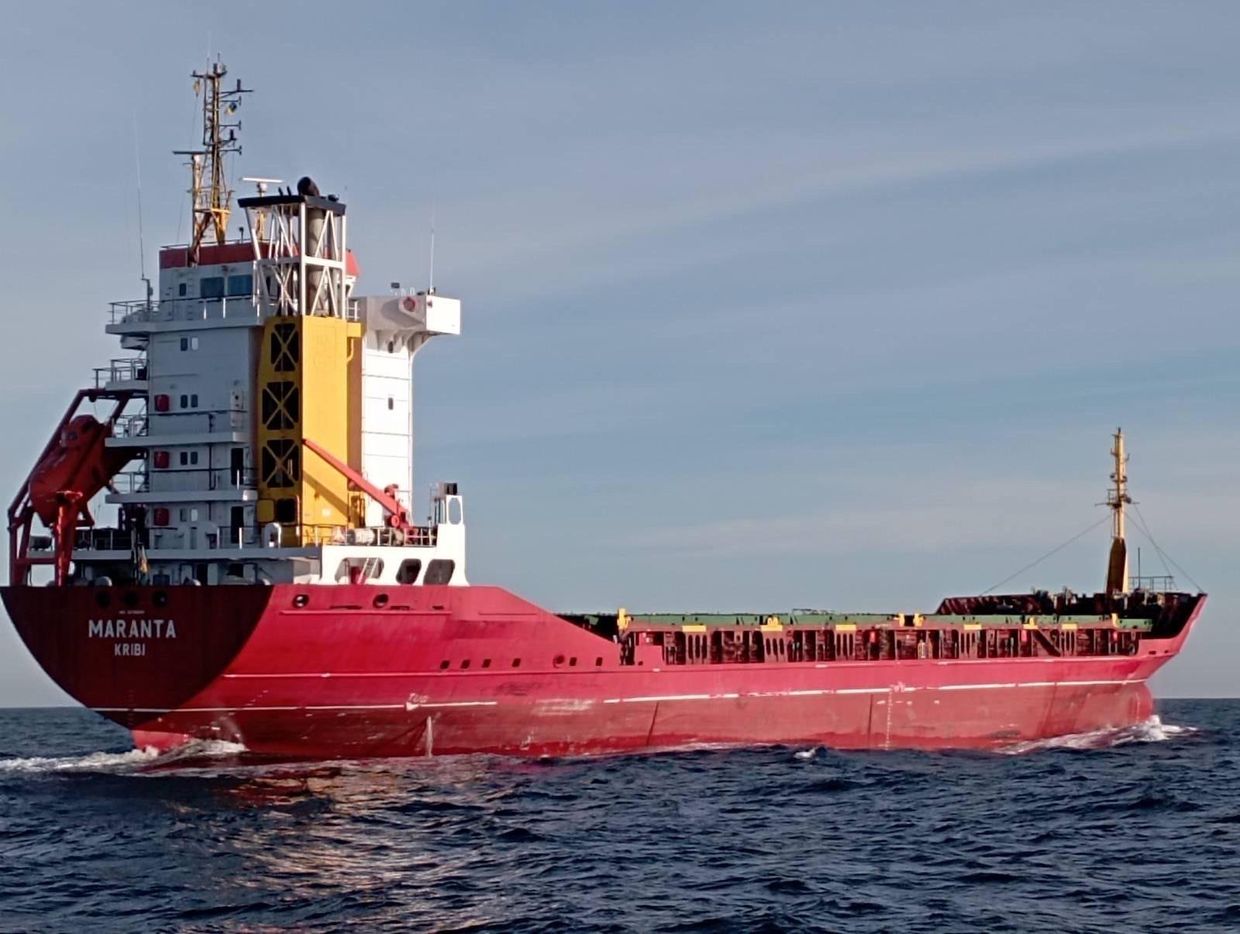Infrastructure Minister: 7 million metric tons of cargo transported through Black Sea humanitarian corridor

Since the Black Sea humanitarian corridor opened in August, 200 ships have passed through it, carrying 7 million metric tons of cargo from Ukrainian ports, including almost 5 million tons of Ukrainian agricultural products, Infrastructure Minister Oleksandr Kubrakov said on Dec. 4.
As of the time of his announcement, Kubrakov said that 31 ships are currently loading cargo at ports in Odesa Oblast, and another 30 are transiting through the corridor.
U.S. Ambassador to Ukraine Bridget Brink said on Nov. 13 that the 100th ship had passed through the corridor and that 3.7 million metric tons of food and goods had been transported since it was opened.
Kubrakov's figure represented a significant increase in the total less than one month later.
The humanitarian corridor was opened after the Black Sea Grain initiative fell apart in July following Russia's unilateral withdrawal. Russia then threatened that all ships sailing to Ukrainian ports would be considered legitimate targets.
The corridor hugs the coastlines of Ukraine and NATO members Romania and Bulgaria rather than going directly towards the Bosphorus Strait.
Although many ships have passed through the corridor safely, their safety is not guaranteed. A Russian missile hit a civilian ship at a port in Odesa Oblast on Nov. 8, killing one crewmember and injuring four others.
Russian forces have also attacked Ukrainian infrastructure more than 20 times since the collapse of the initiative, damaging more than 160 infrastructure facilities, including 122 vehicles.
In addition, there is the danger of mines and other explosive devices that have been placed in the Black Sea.














